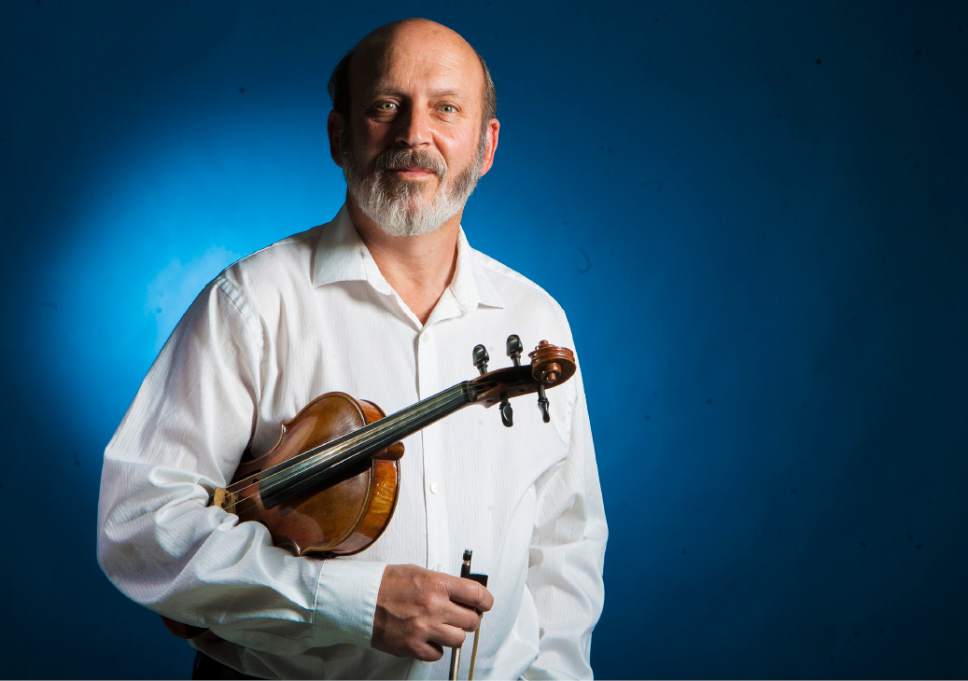This is an archived article that was published on sltrib.com in 2017, and information in the article may be outdated. It is provided only for personal research purposes and may not be reprinted.
Much has been made of the recent raucous town hall meeting craftily engineered by Rep. Jason Chaffetz. "Staying in our own cliques is just so high school," was Salt Lake Tribune's editorial conclusion Feb. 12. Robert Gehrke instructed us in his Feb. 11 commentary, "It [political activism] has to coalesce around issues and goals and messages." But does it?
Two questions need to be asked. First, is civil, issues-based dialogue an effective means of achieving political goals? Second, is disruptive group action necessarily counterproductive?
Senate Majority Leader Mitch McConnell answered the first question resoundingly in 2009 with his pronouncement that the Republicans' primary agenda was to obstruct everything President Barack Obama proposed. The exclamation point on this eight-year strategy was their repudiation of the Constitution, refusing to give Merrick Garland, Obama's Supreme Court nominee, a Senate hearing. The result of McConnell's strategy prohibiting civil discourse? Success.
Let us also not forget Trump's character assassination strategy during the so-called presidential debates, or with his current vendetta against the judiciary. The result? Again, civil, issues-based debate is the clear loser.
To answer the second question, let us recount a few chapters of American history. For decades after emancipation, African Americans were promised the way to achieve equality was to "behave themselves." Be polite, don't make waves, let nature take its course. When it became apparent that message was a con, African Americans took up mass protest. Martin Luther King's message of nonviolent protest (nonviolent by African Americans) was complemented by the threat of more aggressive, militant action by Malcolm X and the Black Panthers, and by riots in the streets. The result? The Civil Rights and Voting Rights Acts of the 1960s.
On the heels of that movement were massive anti-Vietnam War and Watergate protests: the marches, the campus strikes, the flag burnings. The result? The end of the Vietnam War and the resignation of Richard Nixon.
Going back to the very roots of American democracy, who remembers the 1786 Shays' Rebellion? Four thousand unpaid Revolutionary War veterans and New England farmers protesting unfair laws and guess what — income inequality — rose up in armed confrontation against government troops. Though ultimately crushed, the rebellion led to the Constitutional Convention resulting in our Constitution and Bill of Rights.
Of Shays' Rebellion, Thomas Jefferson wrote to James Madison that a little rebellion now and then is a good thing. "The tree of liberty must be refreshed from time to time with the blood of patriots and tyrants. It is its natural manure." Well, folks, it's manure time.
"I was trying to have a civil dialogue," Chaffetz bemoaned. Oh, for those good old days of 1950s high school civics! Step up to the microphone. Ask your question politely, with good grammar. Those days are over. What good does it do to ask questions — civilly or not — if political expediency has already predetermined the answer? If you believe Chaffetz listens with an open mind to a question in a public forum about Bears Ears; his tax-wasting obsession with Benghazi; his selective hypocrisy over whom he investigates; his blundered witch hunt of Planned Parenthood; his ideological obstinacy on climate change; then I have a bridge for you in Brooklyn.
The tea party has created the template for our strident political climate. It might be ugly to Gehrke and The Tribune, but that is the real face of American democracy today, warts and all. Rumors of "outside agitators" at Chaffetz's town hall pall in comparison to the fact that 90 percent of campaign contributions for Sens. Orrin Hatch and Mike Lee and Rep. Rob Bishop were from out of state, and 92 percent of state Legislature contributions were from special interests.
Massive, disruptive demonstrations and protests are not only justifiable everywhere and every time a Trump apologist speaks, they are essential to prevent an autocracy. Donald Trump is no Adolf Hitler. Yet. But would Hitler have become Hitler if the German people had spoken out early and forcefully?
If unruliness offends Chaffetz and those Utahns traditionally averse to confrontation, it is no more offensive than Chaffetz's self-serving, greater dedication to Washington's power brokers than to the best interests of our country.
When civil discourse falls on deaf ears, the only option is to speak louder until a chorus of patriotism drowns out the falsehoods of tyranny. We've gone through it time and time again in our country's history, and for better or worse, here we are again.
Gerald Elias is a Salt Lake City musician and author and a member of Citizens Climate Lobby.



